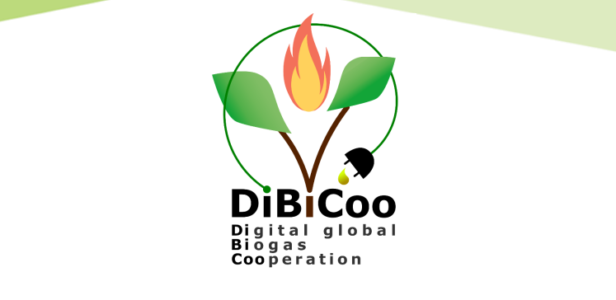Abstract and Figures
As a consequence of being one of the largest greenhouse gas emitters, Indonesia targets emission reduction through several strategies, including command and control, infrastructure and technology investment, and market-based mechanisms. Whether the applied strategies are effective measures was unconvincing, as the amount of emission kept increasing. Therefore, this study focused on identifying the roles of market-based regulation on the renewable energy sector, particularly biogas. By employing qualitative content analysis from desks and a systematic literature review, this study was conducted to address the implication of emission incentives and taxation to the biogas market in Indonesia. The result showed that the absence of a clear baseline, price, and trade flow are the main obstacles to maximizing co-benefits between these two terms. Maintaining sustainability and low carbon footprint at every stage of biogas production is also challenging. However, the biogas sector has great potential to get into those market schemes by making its various utilizations as tradable commodities.
To read the full report click the download button:
